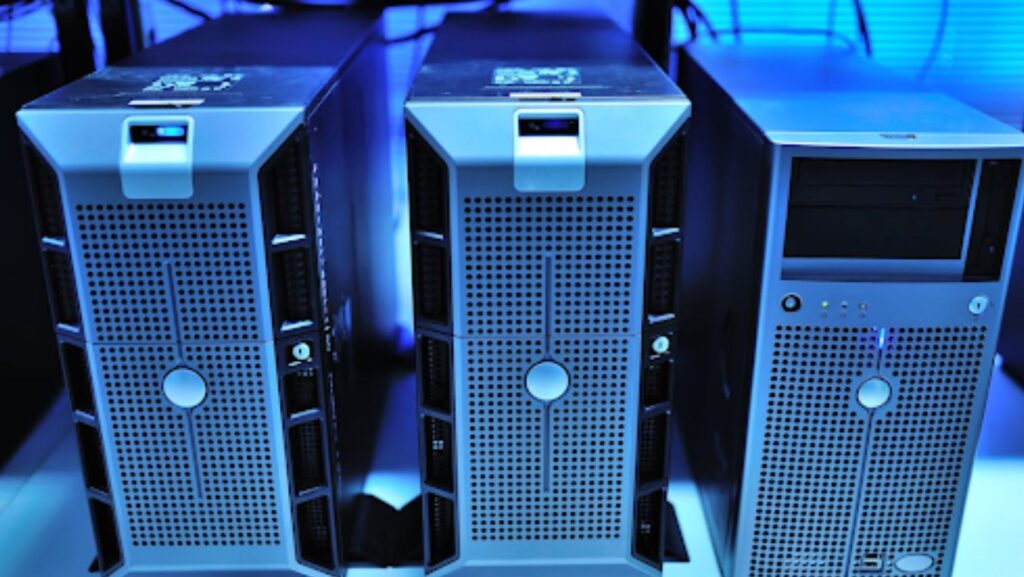Power disruptions can happen at any time, and when they do, your sensitive equipment can be at risk. Whether it’s critical medical devices, computers with vital data, or industrial machinery, losing power unexpectedly can lead to costly damage and downtime. Implementing a reliable backup power strategy ensures your equipment remains protected and operational even during power outages. Here’s how you can safeguard your sensitive equipment with effective backup power solutions.
Invest in Uninterruptible Power Supplies (UPS)
An Uninterruptible Power Supply (UPS) is one of the most effective tools for preventing power interruptions from affecting your sensitive equipment. A UPS provides a continuous power source, even if the main supply is disrupted. For short power outages, it gives your equipment time to shut down properly. Look more here for UPS options that best suit your equipment’s needs and ensure continuous protection during power outages. Choose a UPS with the right capacity to match the power needs of your devices.
Understand the Risks of Power Outages
The first step in protecting your sensitive equipment is understanding the risks power outages pose. Electrical surges, voltage drops, or total power loss can cause immediate damage or shorten the lifespan of your devices. Data corruption is another common issue, especially in environments that rely heavily on servers or computers. By identifying the potential hazards, you can better plan for the right backup solutions.
Use Surge Protectors
While a UPS offers continuous power during an outage, a surge protector helps prevent damage caused by power surges or spikes. These fluctuations can occur when power is restored, potentially causing damage to sensitive electronics. A quality surge protector acts as a buffer, absorbing excess voltage and preventing it from reaching your equipment. Make sure you use surge protectors rated for the power demands of your devices and replace them regularly.
Consider Backup Generators for Extended Outages
For longer-term protection, a backup generator is essential, especially for facilities that can’t afford to lose power for extended periods.

Generators can provide a steady supply of electricity for hours or even days, depending on their size and fuel supply. When choosing a generator, ensure it can support all critical equipment. It’s also worth investing in an automatic transfer switch (ATS) to ensure seamless power transfer from the grid to the generator.
Choose the Right Size and Power Output
When selecting a backup generator, it’s crucial to assess the total power requirements of all the equipment you need to support during an outage. Consider everything from computers and servers to medical devices or machinery, factoring in their peak power demand. A generator that is too small won’t be able to handle the load, while an oversized unit can waste fuel and be more expensive to maintain.
Opt for a Fuel-efficient Model
Generators come in various fuel types, including diesel, natural gas, and propane. Each has its benefits and considerations, such as availability, cost, and storage. A fuel-efficient model can help lower operational costs and ensure your generator can run for extended periods, especially during prolonged outages. Be sure to factor in fuel costs and storage space when choosing the right type for your needs.
Ensure Easy Maintenance and Access
Regular maintenance is key to ensuring your backup generator operates when needed most. Look for models that offer easy access to parts like the fuel tank, engine, and control panel. Regular servicing is required to check oil levels, replace filters, and ensure that the unit is running efficiently, so ease of maintenance will save you time and money in the long run.
Perform Regular Maintenance and Testing
A backup power strategy is only effective if the systems are well-maintained. Regular testing and maintenance of UPS units, surge protectors, and generators are crucial to ensuring they function properly when needed. Schedule routine checks and replace parts like batteries or fuel before they deteriorate. By keeping your backup power systems in top condition, you minimize the chances of failure when power is lost.
Plan for Remote Monitoring
In some cases, particularly for businesses with sensitive equipment spread across multiple locations, remote monitoring of your backup power systems can be a game-changer. Modern backup power systems often come with integrated monitoring tools that allow you to check the status of your UPS units, generators, and other equipment remotely. This way, you can track battery life, power consumption, and system health in real-time, making it easier to address any issues before they turn into problems.

Implementing a comprehensive backup power strategy is essential for protecting your sensitive equipment from the damaging effects of power disruptions. By using a combination of UPS units, surge protectors, generators, and regular maintenance, you ensure that your devices remain operational and safe. Don’t wait for the next power outage to expose vulnerabilities – take action today to safeguard your critical equipment and minimize downtime.
